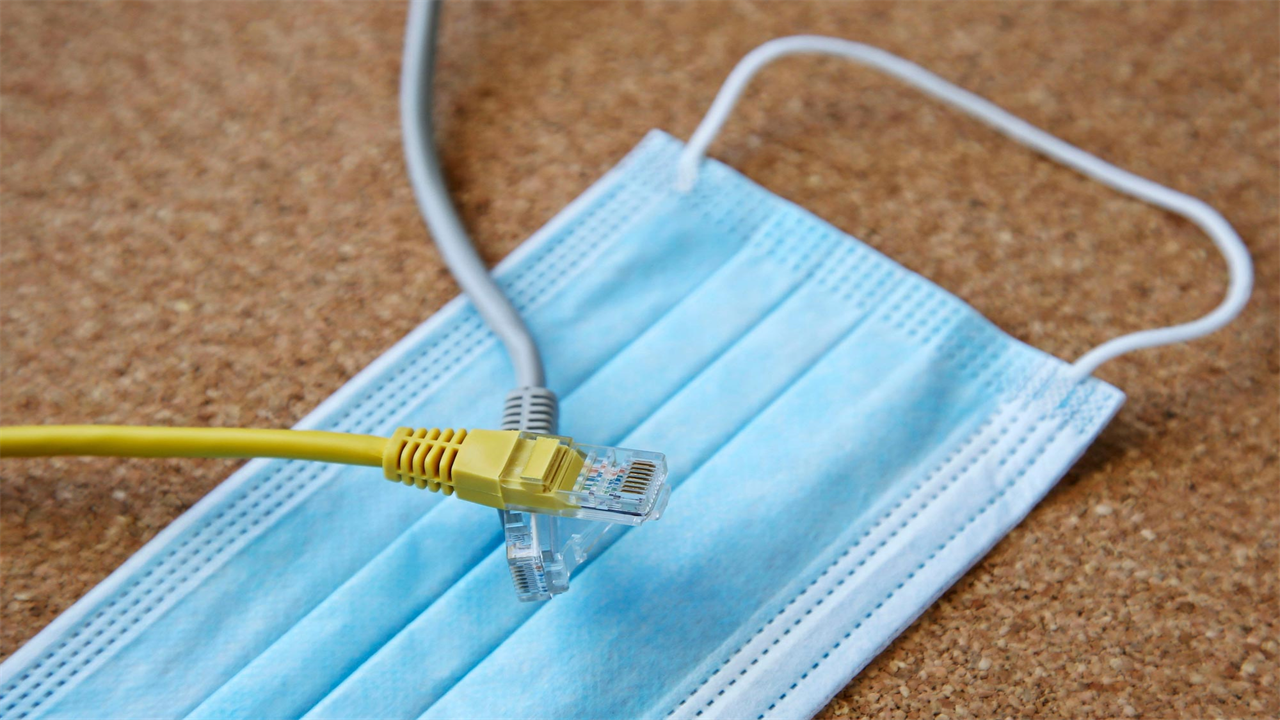Trusting Your Gut Instinct Could See You Fall for COVID Misinformation
0 View
Share this Video
- Publish Date:
- 30 August, 2021
- Category:
- Covid
- Video License
- Standard License
- Imported From:
- Youtube
Tags

People who think based on their first instincts are more likely to believe and share misinformation about COVID-19, according to new research from the Australian National University (ANU).
The study compared intuitive thinkers, those who tend to make decisions based on instinct, with reflective thinkers, those who stop and think about the accuracy of the information presented to them.
As part of the investigation, 742 Australians were presented with a mix of five already debunked COVID-19 claims and five accurate statements from public health authorities. The participants were then asked to complete a short test of their thinking style.
Lead author, ANU PhD student Matthew Nurse, said Australians who gave intuitive but incorrect answers to the thinking style test were significantly worse at distinguishing between the correct statements and the incorrect information.
“Viral misinformation about COVID-19 has spread just like the virus itself,” said Mr Nurse.
Knowing that relying on intuition may be at least partially responsible for the spread of disinformation about COVID-19 gives science communicators important clues as to how to respond to this challenge.
“For example, reminding people to take their time and think about untrustworthy claims can help people reject misinformation and hopefully prevent them from taking ineffective or dangerous advice.
“Encouraging people to think twice before sharing can also slow the spread of false claims.”
The research is published in the journal Memory and Cognition and ties in with similar research in the United States, United Kingdom and Canada.
Reference: “Analytical Thinking Predicts Accuracy Ratings and Willingness to Share Disinformation About COVID-19 in Australia” by Matthew S. Nurse, Robert M. Ross, Ozan Isler and Dirk Van Rooy, August 27, 2021, Memory and Cognition.
DOI: 10.3758/s13421-021-01219-5










